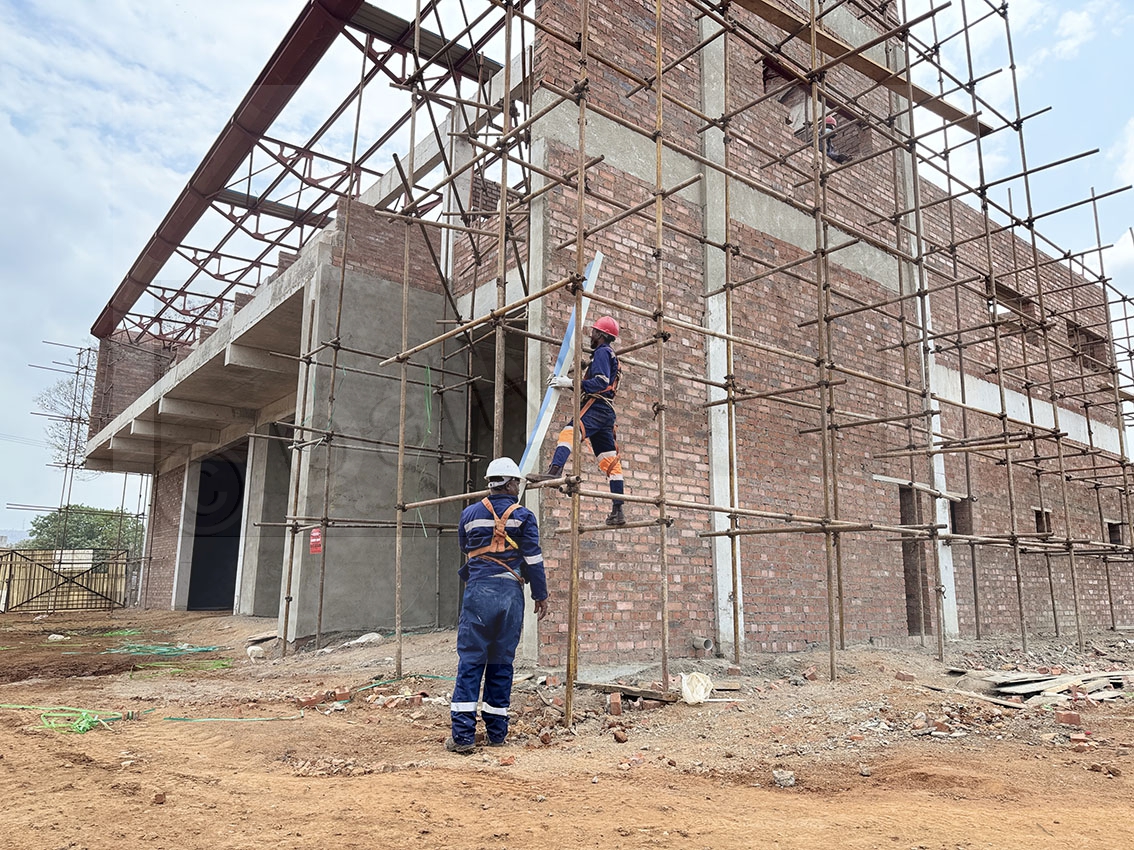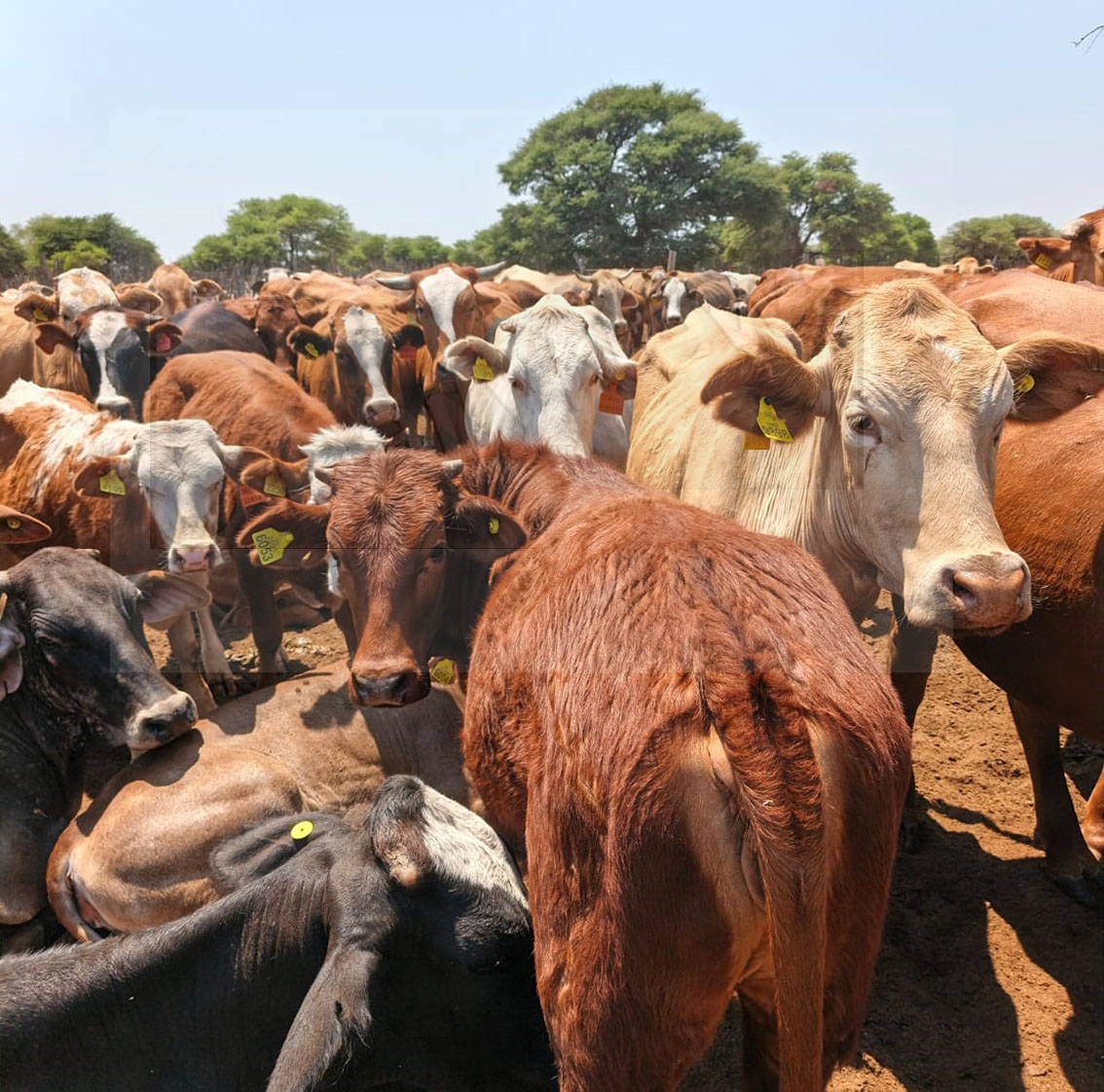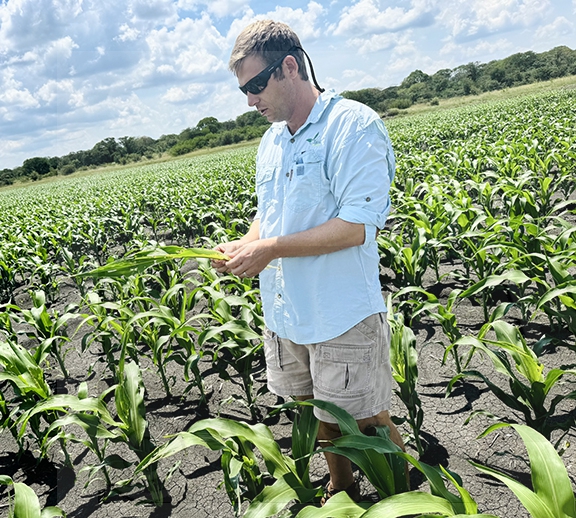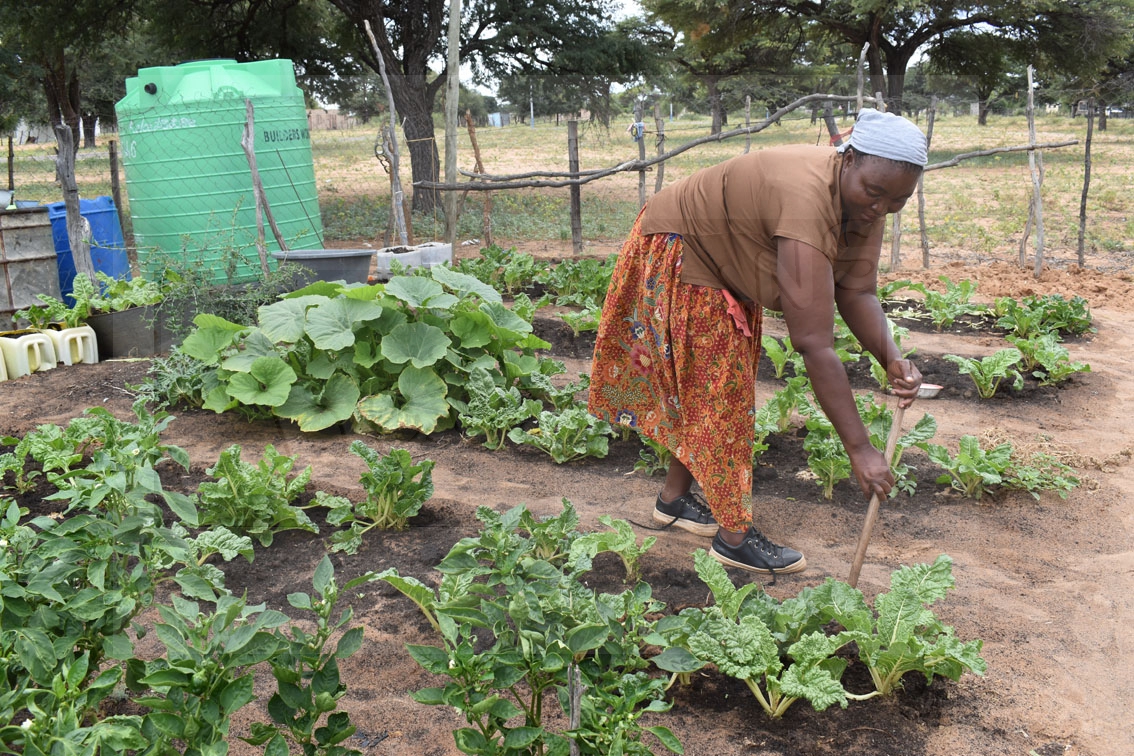BMC taps into new territories
06 Nov 2025
The Botswana Meat Commission (BMC) has taken a decision to adopt an aggressive approach to expanding to premium markets, which include the United Arab Emirates market, countries in the Middle East such as Qatar and Oman amongst others in line with broadening its market base.
The commission’s acting chief executive officer, Ms Mmabasotho Tibe said in an interview that the market expansion was in line with the institution’s strategy to tap into various markets including regional markets, which included the Democratic Republic of Congo, which had yielded results with a few deals on the pipeline.
“We are looking at West Africa as well as a possible outlet with samples that have been accepted in Côte d’Ivoire and in Nigeria,” she said.
Additionally, China was a key lucrative market under exploration and due to the vastness of the market, its discovery was still on going after the signing of the beef protocols this year.
She further said, the BMC continued to broaden its product portfolio to create more value chains in the meat industry through regular review of product lines against customer preferences and profitability.
She said two mega projects which were launched in September 2024 were at an advanced stage, which included the revitalisation of the Lobatse Tannery and the construction of a new Meat Value Addition and Secondary Processing plant.
“These two projects are intended to add more value and increase opportunities for new industries in the meat value chain. The Tannery will be producing hides up to wet-blue stage, enabling the development of the leather industry in Botswana. The Meat Value Addition and Secondary Processing Plant will be producing more diversified product line for canned products, pouched, smoked and ready to cook products,” she said.
Furthermore, Ms Tibe said BMC had made significant strides this year to improve operational efficiencies by addressing payment delays to farmers.
“We are committed to settling payments within 14 days of slaughter, a target we have consistently met thanks to strategic interventions aimed at enhancing our cash flow cycle,” she said.
On average, she said the turnaround time for farmer’s payments was seven days, which they planned to improve to reduce further.
She highlighted that in line with Vision 2036 and National Development Plan 12, the BMC strategy aimed to transform the beef value chain through direct farmer engagements, value addition and investment in modernised infrastructure.
Ms Tibe said the commission recently launched direct cattle purchase scheme exclusive to Maun BMC and targeted at assisting Ngamiland farmers.
“Their response has been positive with 115 animals already in quarantine. There is also about a 1 000 animals in our cattle procurement pipeline, which brings BMC closer to the target of 4 000 cattle to be procured through this model by the end of the year. Payments to the farmers are being fulfilled as promised within time,” she said.
She highlighted that at the moment, the payment process was manual made within 72 hours, ‘but once the process is automated, we expect to have instant payments upon verification and acceptance of live animals. Public education and communication is still ongoing throughout the region to garner more understanding and support for the newly launched scheme,’ she said. On cattle procurement pricing, she said BMC recently announced changes with an incentive bonus extended until the end of February 2026.
The buying prices, she said were reviewed periodically after considering key variables that determine the price such as the cost of primary production for farmers and market dynamics. A beast weighing over 145kg, she said could fetch the highest price of P51.00 per kg while the lowest grade was at P32.00 per kg, adding that the incentives were targeted at making the commission more attractive to producers.
A Hunhukwe cattle farmer, Dr Leonard Setshegetso appreciated latest developments at BMC adding that when he sold his cattle to millers in the past, he made losses,
“The highest price I got from them was P4 700. This year I sold to BMC the cow at the same weight as the one which fetched P4 700 from millers, and I was happy with the P10 000 price I got from BMC. There is a major price difference and I was paid within seven working days,” he said.
Conversely, Kang Farmers Association chairperson, Mr Moagi Bareeleng said cattle farmers had for a long time been faced with a serious challenge of delayed payments at BMC where in some instances payments took months.
“This situation adversely affected us as we accumulated debts, and our running costs increased. I appreciate that there are new reforms at BMC as things are now beginning to change. The situation is better because I recently sold cattle to BMC and I got paid within two working days,” he said.
According to Mr Bareeleng, delayed payments was a major business drawback adding that to run a profitable farm there were running costs involved as one needed to buy diesel to draw water for livestock, pay farm workers, buy livestock feed, buy veterinary medicines amongst others.
He stated that during the time when the BMC was not able to deliver their payments on time, it gave millers an opportunity to swindle farmers as they got under pressure to sell to them at a lesser price to be able to sustain their farms.
For his part, Hainaveld Farmers Association chairperson, Mr Tiro Modisaemang of Ngamiland said they had noticed visible improvements on BMC operations this year, “We can see that they are paving the right path for farmers and we cannot rush to conclusions within one year as they are still working on gaining ground. However, we are hopeful that in this coming year we will see major differences,” he said.
He said Hainaveld farmers appreciated BMC management and BMC board for working closely with them through robust and action packed engagements.
“The decision by government to buy live cattle through the Direct Cattle Purchase scheme in Ngamiland emanated from our engagements, it was an answer to our problem, we hope to see more of these fruitful engagements going forward,” he said.
Contrary to the notion that the programme was not embraced by farmers in Ngamiland, he said farmers appreciated the new scheme as it transferred the risk from them to BMC.
“When we sell through the scheme, we do not have to deal with losses related to placing our cattle under quarantine for 30 days, we do not have to deal with transport logistics or care of animals in quarantine. This is a new development which we must closely observe, it is a pilot project and we must give it a chance. The price of P16 per kg has been received with mixed reactions by farmers but let us closely watch and continue to engage with BMC further on the pricing. We believe that BMC will come back and engage further,” he said. ENDS
Source : BOPA
Author : Calviniah Kgautlhe
Location : Lobatse
Event : Interview
Date : 06 Nov 2025







